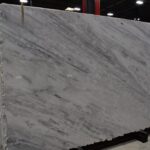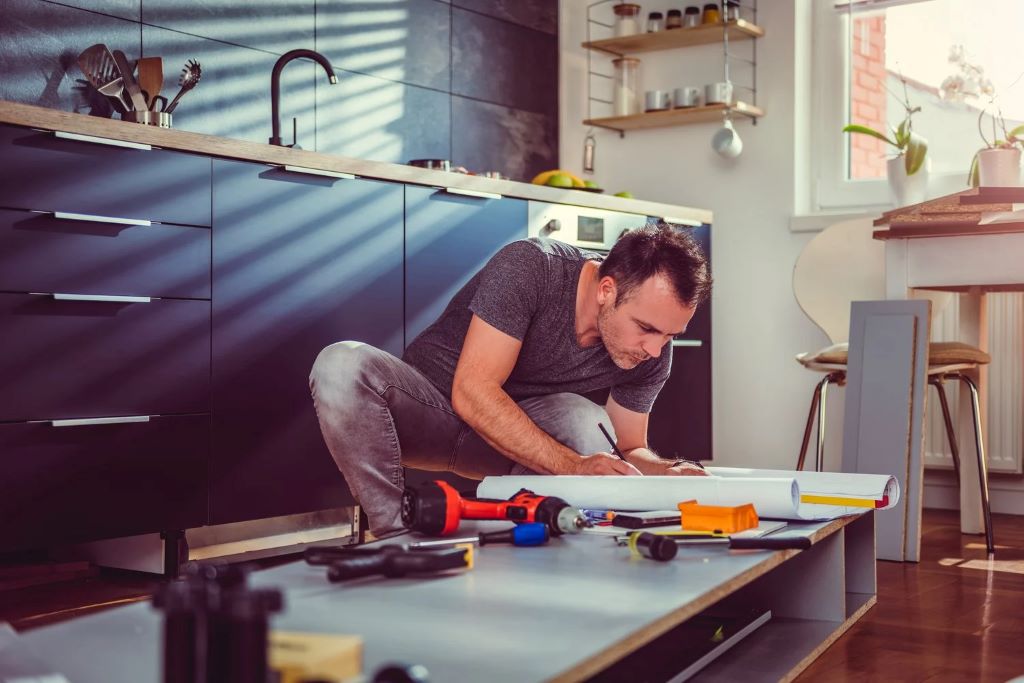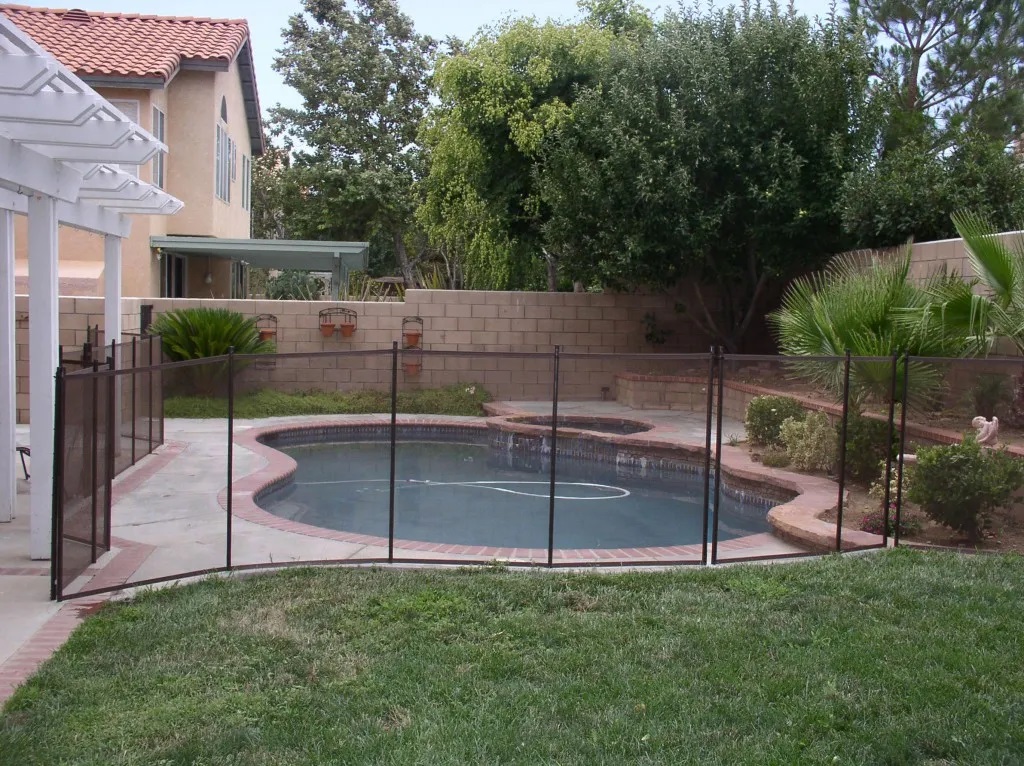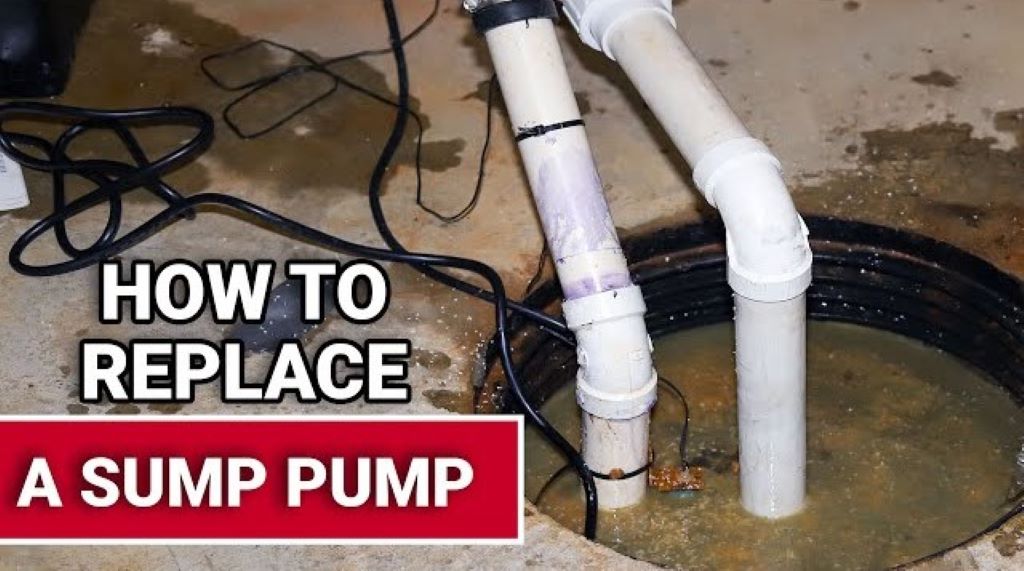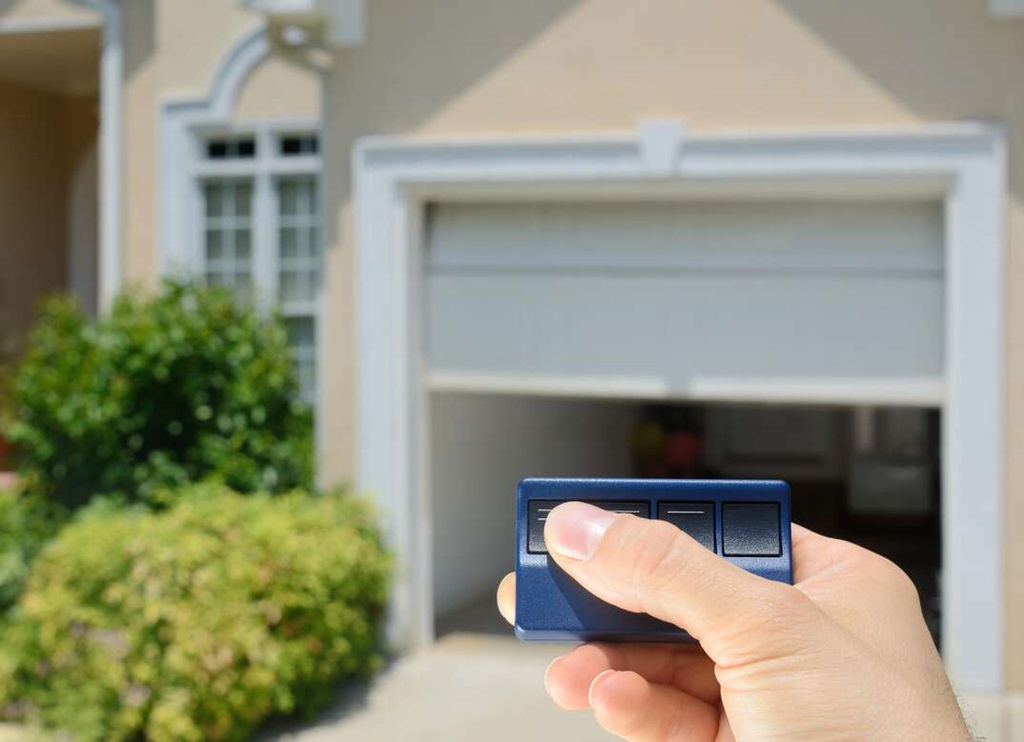Your home is likely your largest investment, both financially and emotionally. Protecting that investment doesn’t have to be overwhelming. Regular home maintenance and upkeep can prevent costly repairs and keep your house safe and comfortable. Many tasks are simple enough for the average homeowner to handle, saving money on professional services.
Why Proactive Maintenance Matters
- Cost Savings: Addressing small issues like a leaky faucet or worn weatherstripping prevents cascading damage. A slow plumbing leak can lead to water damage, mold, and rot, creating a much larger repair bill.
- Safety: Maintaining smoke/carbon monoxide detectors, replacing worn electrical outlets, and addressing tripping hazards keeps your family safe.
- Resale Value: A well-maintained home commands a higher price and a faster sale when you decide it’s time to move.
- Comfort: Drafty windows, inefficient insulation, or a malfunctioning HVAC system create uncomfortable living conditions and drive up utility costs.
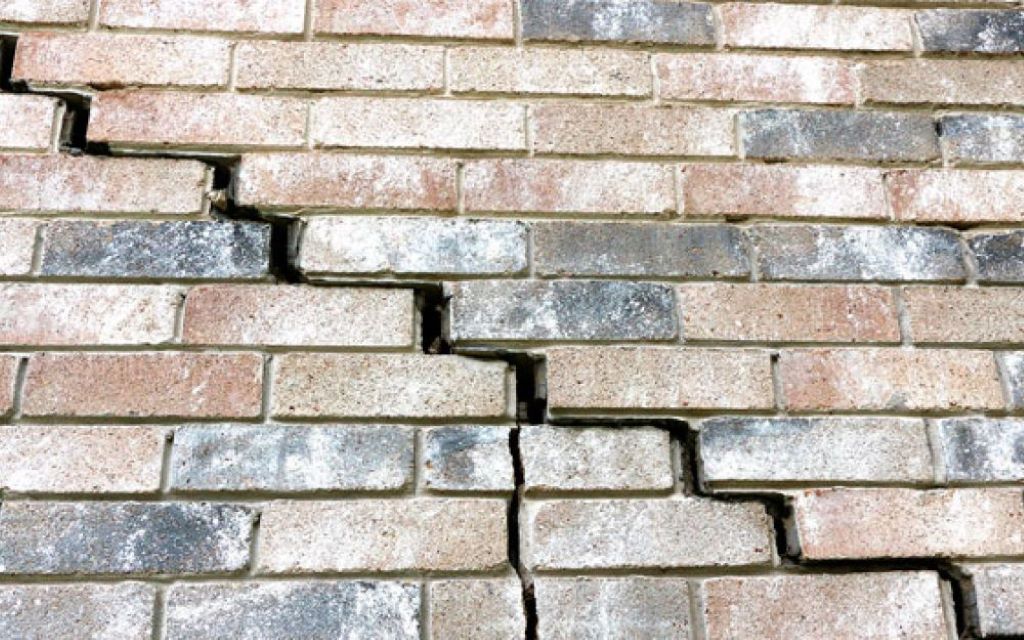
Exterior Maintenance: Spotting Trouble Early
- Roof: Inspect twice a year (spring and fall) for missing or damaged shingles, cracked flashing, or debris buildup. Gutters and downspouts should be cleaned regularly and checked for proper drainage to prevent water intrusion.
- Siding: Look for peeling paint, warped, or missing siding. Check for water stains or signs of rot, especially around windows and doors.
- Foundation: Walk around the perimeter, noting any cracks, crumbling, or signs of shifting. Small hairline cracks are normal, but anything larger needs evaluation. Watch for pooling water near the foundation or signs of poor drainage.
- Windows and Doors: Inspect for gaps in caulking and weatherstripping. Check for smooth operation and address any loose hinges or damaged hardware.
Interior Upkeep: The Vital Systems
- Plumbing: Attend to leaky faucets and running toilets immediately. Regularly check under sinks for signs of leaks. Consider replacing older hoses on washing machines and dishwashers as a preventative measure.
- HVAC: Replace air filters monthly. Have your furnace and air conditioner professionally serviced annually to maintain efficiency and catch potential problems early.
- Electrical: Never ignore flickering lights, buzzing outlets, or outlets that feel warm. Have loose electrical outlets, faulty wiring, or any electrical work not strictly DIY, addressed by an electrician.
- Appliances: Follow manufacturer recommendations for cleaning refrigerator coils, inspecting dryer vents, and maintaining other major appliances. This prolongs their life and helps prevent breakdowns.
Seasonal Considerations
- Spring: Check outdoor faucets for leaks, clear window wells, test exterior GFCI outlets. Prepare your air conditioner for the coming season.
- Summer: Inspect your deck or patio for loose boards or railings. Clean and maintain outdoor furniture. If you have an irrigation system, have it checked for efficiency.
- Fall: Clean your gutters, drain and store garden hoses, check the roof, and winterize your outdoor equipment. Have heating systems serviced.
- Winter: Ensure your home is properly insulated, especially in the attic. Seal any air gaps around windows and doors, and consider adding insulation around outlets on exterior walls
Tools and Resources
- Basic Toolkit: A decent starter toolkit with a hammer, screwdrivers, tape measure, level, pliers, and a utility knife goes a long way. Consider a cordless drill/driver for larger projects.
- Online Resources: Websites like YouTube offer a wealth of step-by-step tutorials for common DIY home repairs and maintenance tasks.
- Know Your Limits: Never hesitate to call a professional for complex repairs, plumbing inside walls, electrical work beyond basic tasks, or anything that feels unsafe.
Proactive is Better
While even well-maintained homes sometimes need major repairs, proactive maintenance empowers you to catch problems early. Remember, a home isn’t just a structure; it’s a place to build memories. Protect that safe space.
Additional Considerations for the Knowledgeable Homeowner
- Age of Home: Older homes may require more diligence. Have the sewer line inspected periodically and be aware of potential concerns like lead paint or outdated electrical systems.
- Local Climate: Coastal areas with humidity or extreme heat/cold create specific challenges. Consult local home improvement resources for the best advice tailored to your region.
Let me know if you’d like a section on creating a maintenance schedule or additional information for specific tasks!

